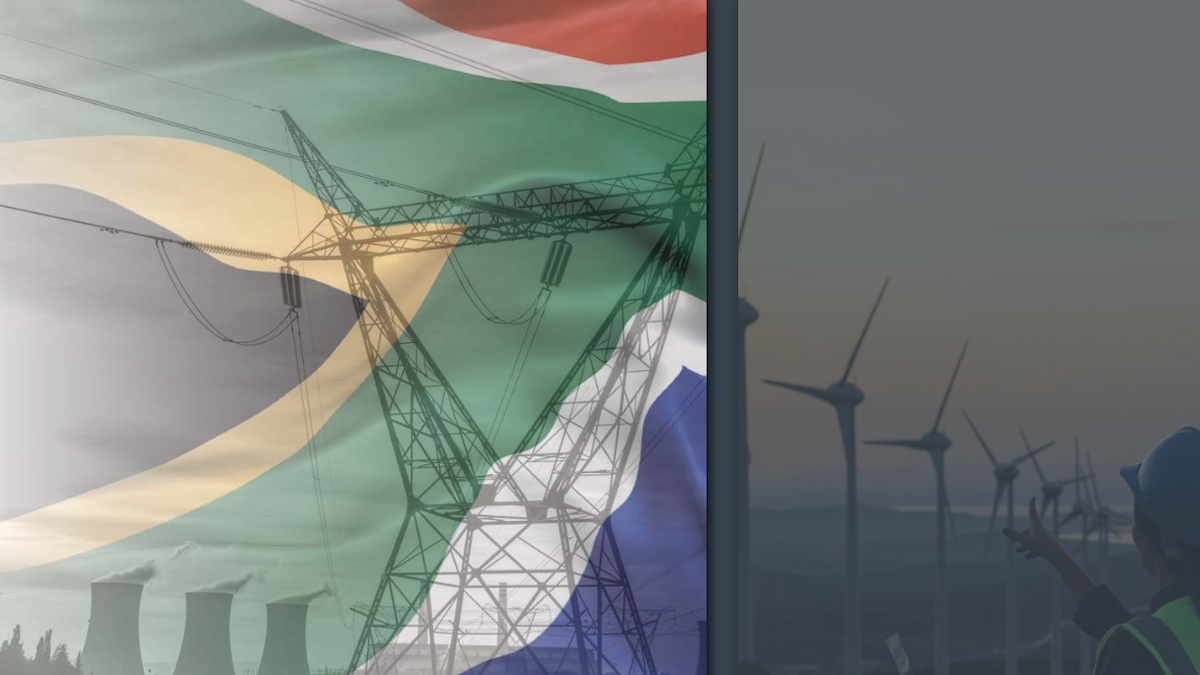A theme that has stood out for Peter van Kerckhoven, Co-Head: Debt Finance, Nedbank Corporate Investment Banking, at COP27 is that of carbon credit trading, which appears to be gaining some real momentum. Peter believes that given the robust conversations he has heard at COP27, we may see concrete steps on carbon credit training trading sooner than anticipated. Peter also gives his views on South Africa’s Just Energy Transition Plan that was launched at COP27 by President Cyril Ramaphosa.
Excerpts from the interview with Peter van Kerckhoven
Carbon credit trading discussed at COP27
The big question being asked is how the world is going to fund this transition. One of the mechanisms being discussed is carbon credit trading. In fact, carbon credit trading in Article Six was signed into the Paris Agreement at COP26 a year ago. The discussions here are really how to give effect to those elements of Article Six. It is a tricky one because there are opponents to Article Six who say that if you allow countries, governments and corporations to buy credits, it is going to divert their own investment away from on-the-ground adaption and resilience initiatives. The proponents to it are saying, well, it is the only way that the globe can effectively finance adaption and mitigation, especially in developing countries where you don’t have the availability to finance. So, carbon trading markets can enable a very effective financing mechanism for those projects. And it has to be done in a controlled way where you put proper guardrails around it, to avoid any abuse.
Whether South Africa should have a robust carbon credit trading environment
Absolutely. As a banker and understanding the capital stack, the role of debt, equity, economics and viability of projects, carbon credits can really take projects – which may not be economically viable or sub-economic – and make them economic. They can pose equity gaps in projects. They have a very critical role.
Providing a framework based on net zero pathways
The initial carbon credits really fell flat on the basis that demand for the credits evaporated overnight. That is because there was no policy framework that drove the need for countries and corporates to buy the credits. So, what you do now is provide a framework based on net zero pathways to force companies to decarbonise in one shape or form. In fact, it could be a blend of decarbonising their own operations, and for those hard to abate elements of their operations, to buy credits to get them to net zero.
See also:
- Action is needed, not more planning and ideas – COP27
- How much time is left to address the climate emergency? COP27
- Decarbonising SA’s building environment with Green building finance – COP27


